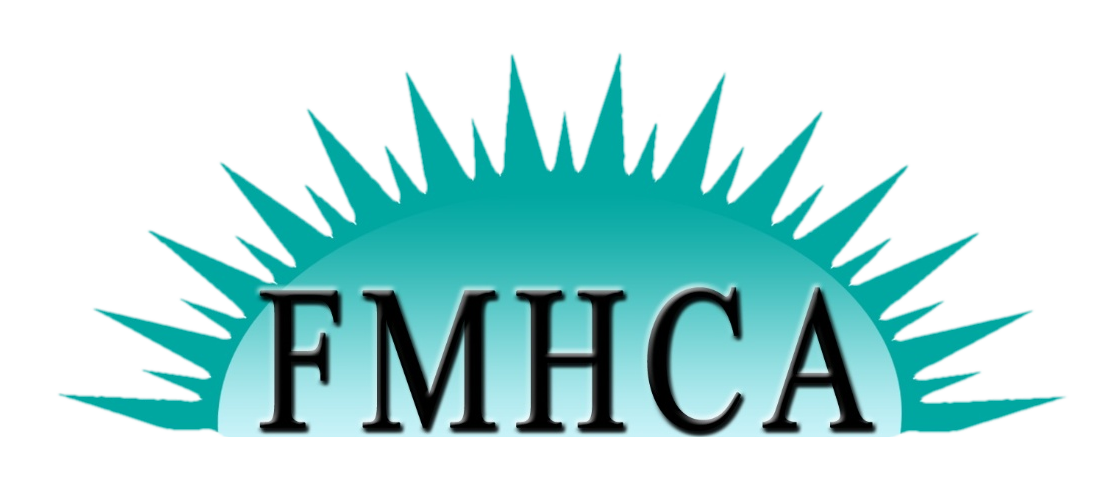Upcoming Events
-
America/New_York
05 May 2025 8:30 AM9801 Belvedere Road, Royal Palm Beach, FL 33411
-
America/New_York
09 May 2025 2:00 PMOnline (Zoom)
-
America/New_York
16 May 2025 2:00 PMOnline (Zoom)
-
America/New_York
30 May 2025 2:00 PMOnline (GoToWebinar)
-
America/New_York
06 Jun 2025 2:00 PMOnline (GoToWebinar)
-
America/New_York
13 Jun 2025 2:00 PMOnline (GoToWebinar)
Featured Members
FMHCA is a chapter of the American Mental Health Counselors Association, and is the only organization working exclusively for LMHCs in the State of Florida.
Menu
Log in
|
Powered by Wild Apricot Membership Software
 Florida mental health COUNSELORS association
Florida mental health COUNSELORS association





.png)


























.png)













